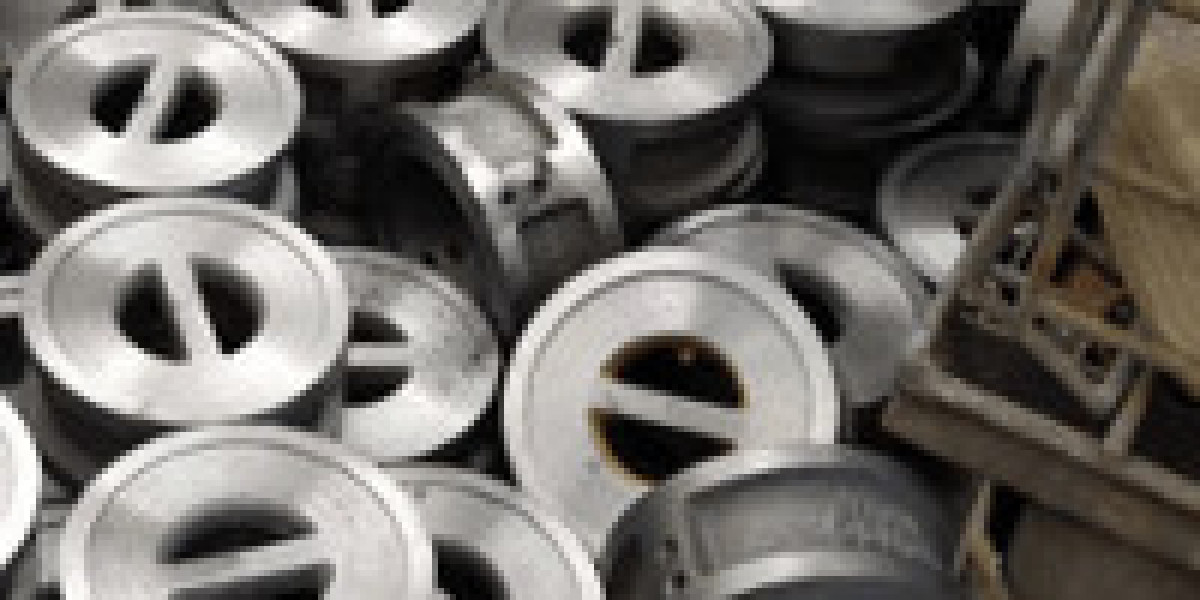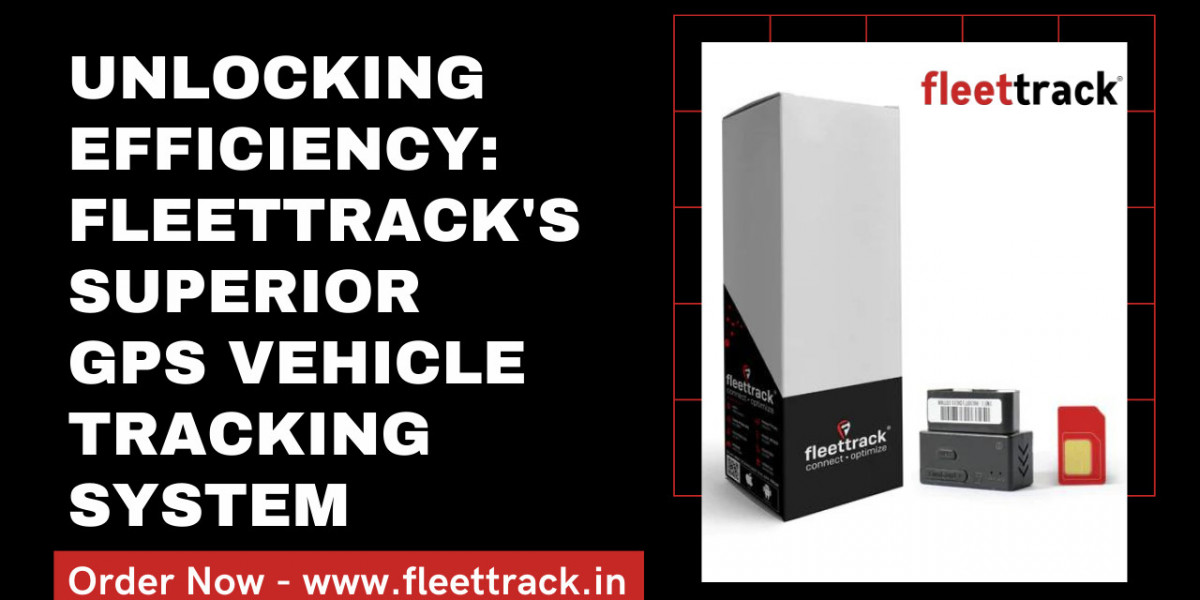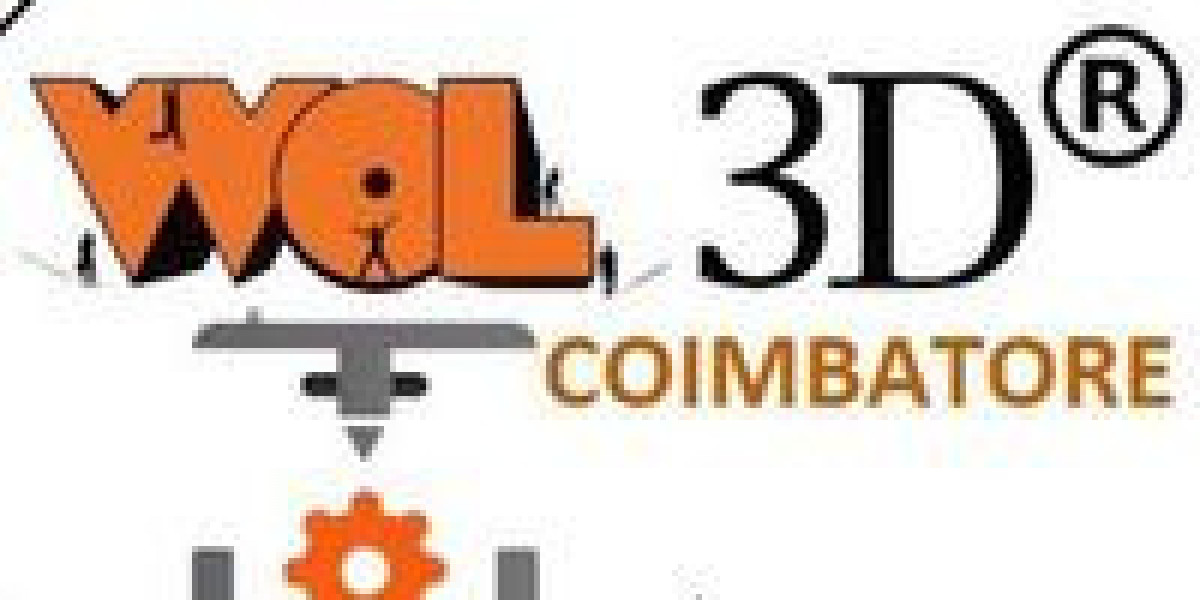Check valve supplier
Valvesonly Europe is the best Check Valve Supplier in Germany. A check valve, which is also known as a non-return valve or one-way valve, is a mechanical device designed to allow fluid or gas to flow through it in only one direction. It typically consists of a movable element, such as a disc or a flap, which opens in response to forward fluid flow and closes to prevent reverse flow. This ensures that the fluid or gas can move freely in the desired direction while preventing backflow, which could potentially cause damage to equipment or disrupt processes. Check valves are commonly used in various industries.
What is the principle of check valve?
The principle of a check valve is based on allowing fluid or gas flow in one direction while preventing reverse flow. It operates on the principle of fluid pressure. When the fluid or gas flows in the desired direction, it creates a force that opens the valve, allowing the flow to pass through. However, when there is reverse flow or backflow, the valve's mechanism, typically a flap, disc, or ball, is forced closed by the pressure of the fluid or gas, effectively blocking the reverse flow path. This simple yet effective design ensures that the check valve functions autonomously, requiring no external power source, and provides reliable protection against backflow in various applications.
What does a check valve look like?
Check valves come in various shapes and sizes depending on their intended application and the specific design. However, they typically consist of a body, which is the main housing that contains the valve mechanism, and a movable element such as a disc, flap, or ball. The valve body is usually cylindrical or rectangular in shape, with inlet and outlet ports for fluid or gas flow. Inside the body, the movable element is positioned in a way that allows it to open in the direction of desired flow and close to block reverse flow. The appearance of a check valve can vary based on factors like the material of construction, the size of the valve, and the type of connection. Some check valves are compact and simple, resembling a cylindrical tube with openings on either end, while others may have a more intricate design with additional features like a spring-loaded mechanism for better sealing. In the end, the specific appearance of a check valve depends on the application and the manufacturing requirements. As a Check Valve Supplier, we offer high quality valves in various sizes and materials.
Types of Check valves-
· Swing Check Valve
· Lift Check Valve
· Dual Plate Check Valve
· Single Plate Check Valve
· Ball Check Valve
· Tilting Disc Check Valve
· Piston Check Valve
· Non Slam Swing Check Valve
· Foot Check Valve
· Pressure Seal Check Valve
Check Valve vs Gate Valve-
Check valves and gate valves are both types of valves used in fluid control systems, but they serve different purposes and operate on different principles.
Check Valve:
· A check valve allows fluid or gas flow in one direction only. It opens automatically to permit flow in the desired direction and closes to prevent backflow.
· Check valves typically have a simple design, consisting of a movable element (such as a disc, flap, or ball) that opens and closes based on fluid pressure.
· Check valves are primarily used to prevent backflow in systems where reverse flow could be damaging or undesirable, ensuring the flow moves in only one direction.
Gate Valve:
· Gate valves control fluid flow by raising or lowering a gate (a flat or wedge-shaped element) to either allow or block flow through the valve.
· Gate valves have a more complex design compared to check valves. They consist of a gate mechanism that moves perpendicular to the direction of flow, typically using a threaded stem or wheel to raise or lower the gate.
· Gate valves are commonly used to completely shut off or allow full flow in a pipeline. They provide a tight seal when fully closed but can cause pressure drop when fully open due to the obstruction of the gate.
Industries check valves are used in:
· Plumbing
· Wastewater management
· Oil and gas
· Chemical processing
· Power generation
· Marine and shipbuilding
· Aerospace
· Automotive
· Pulp and paper
· Mining
· Water treatment and distribution
Description:
· Body Material- Cast Iron and Cast Steel (LF2, A216, WCB, WCC, LCB, LCC, WC6, WC9), Ductile Iron, Stainless Steel [SS316, SS304, SS316L, SS904L, CF8, CF8M, F304, F316, F31L, F91), Duplex and Super duplex steel [F51, F53, F55] Forged Steel A105, A105N, F11, F22, F304, F316, F91] Alloy20, Hastelloy, ALBR.
· Size- ½” – 80”
· Class-150 – 2500; PN10 – PN-450
· Ends-threaded, socket weld, butt weld, flanged, lug, wafer
Visit our website to know more about our range of valves- https://www.valvesonlyeurope.com/product-category/dual-plate-lug-check-valve/








